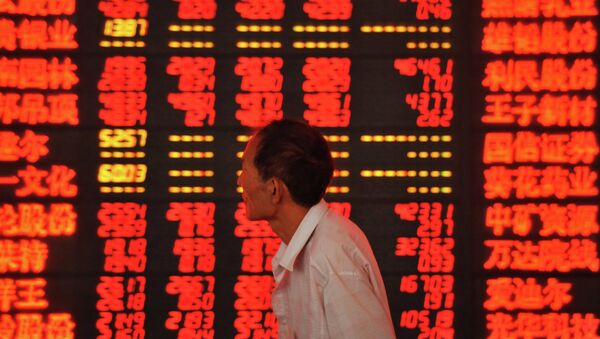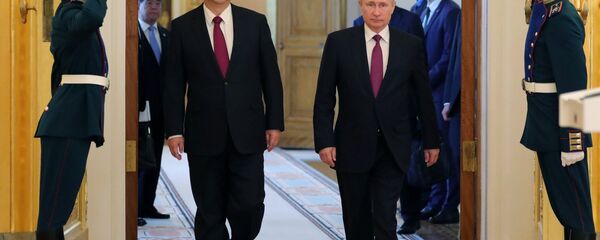"China has a huge industrial and consumer market, where new technologies and solutions are in high demand. Russia has developed one of the world's strongest mathematics schools. That is why AI is one of the obvious areas for Sino-Russian cooperation," said Konstantin Gorbach, AI business director of Russian industrial digitalization technology firm Zyfra.
The comments come amid rising calls by officials and experts from the two countries to develop high-tech cooperation, with AI as a major focus, to generate new mutual benefits.
Chinese Ambassador to Russia, Li Hui, said at an investment forum in October that the two countries should increase the quality of bilateral cooperation and treat the digital economy as a new growth engine. AI was identified by Li as an opportunity, along with big data, the internet and smart cities.
Zyfra is hoping to connect China's extensive metallurgy plants with sensors and form an industrial internet of things that gives plant managers much better control of machines.
Global GDP was forecast to increase by 14 percent because of AI in 2030, according to a report by PwC in June 2017. The technology's deployment in the decade ahead will add $15.7 trillion to global GDP, with China predicted to take $7 trillion and North America $3.7 trillion.
"The US has shared almost all of its top AI research with Canada and the UK, but China has the advantages that can enable it to eventually leapfrog them," Gorbach said, noting that China-Russia AI cooperation has a great potential.
Gorbach explained that Zyfra's recent research showed that China is occupying the second place after the US in terms of AI development, while taking the top step of the podium for sourcing capital and monetization. Some 48 percent of all global AI venture funding went to China.
Global AI development is intersecting, some technology, like the computer vision developed by Zyfra, is even of high demand even in the US, according to Gorbach.
"If Russia works toward cooperation with China, it will be a great boost for innovation, industrial applications and promotion for both countries," Lu said.
Zhao Zhiqiang, chief technology officer of the Harbin Institute of Technology Big Data Group, told the Global Times in an earlier interview that despite calls from government officials and experts, there have been few results from China-Russia AI cooperation at an industrial level. Harbin is a top Chinese city in the development of AI, according to Zhao.
Paul Zhang, a Chinese businessman living in Russia, said the Russian AI sector is relatively closed.
"Top Russian AI technologies, almost entirely related to the national defense sector, are not open for foreign investment and the start-ups generally lack funds to develop their technologies," Zhang told the Global Times on Thursday. Zhang said China's AI venture fund could have a significant role to play in China-Russia AI cooperation.
This article was originally published in Global Times.




